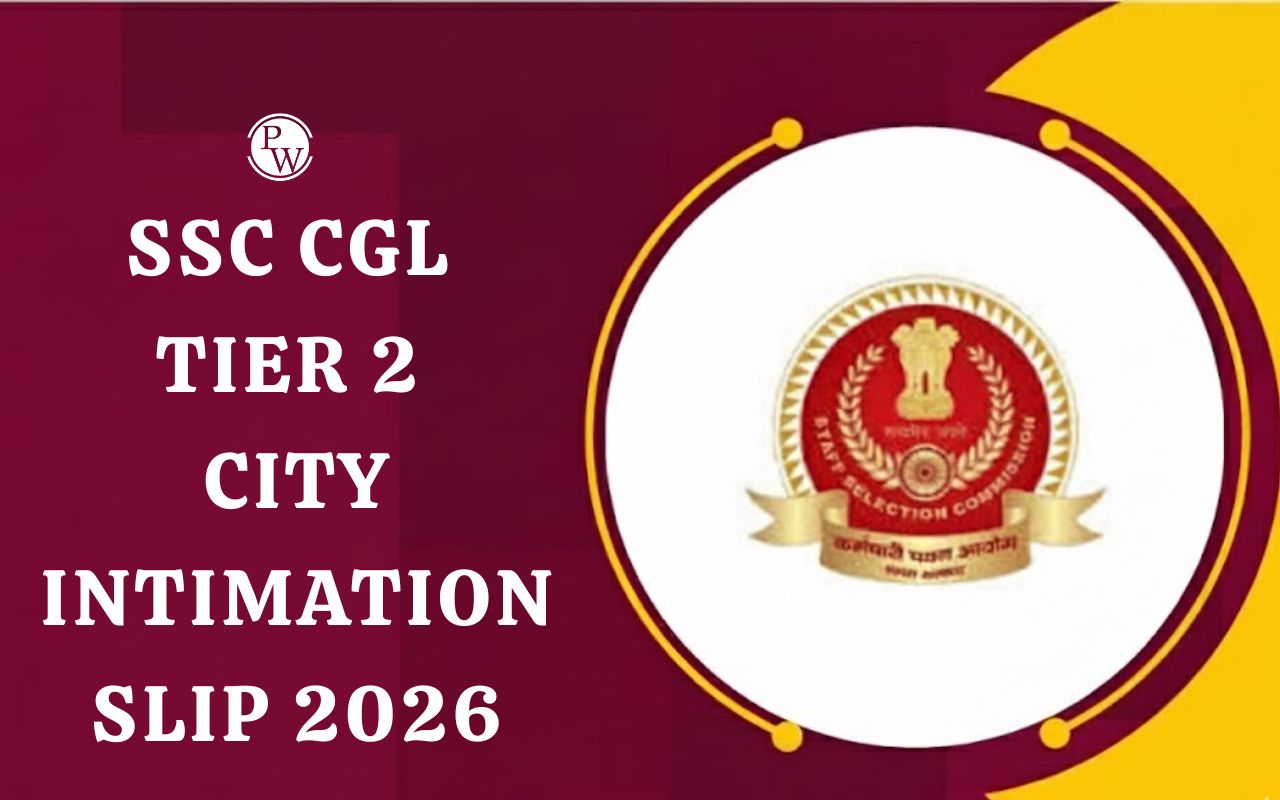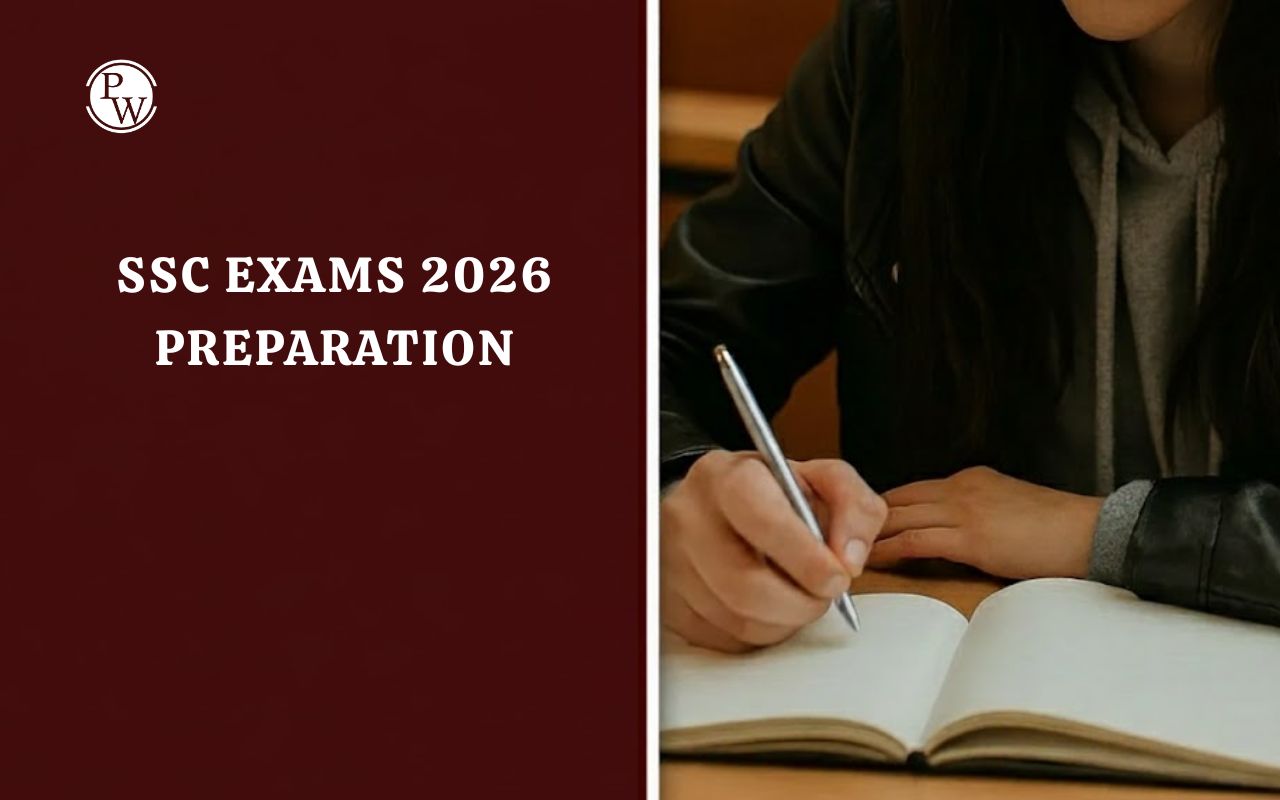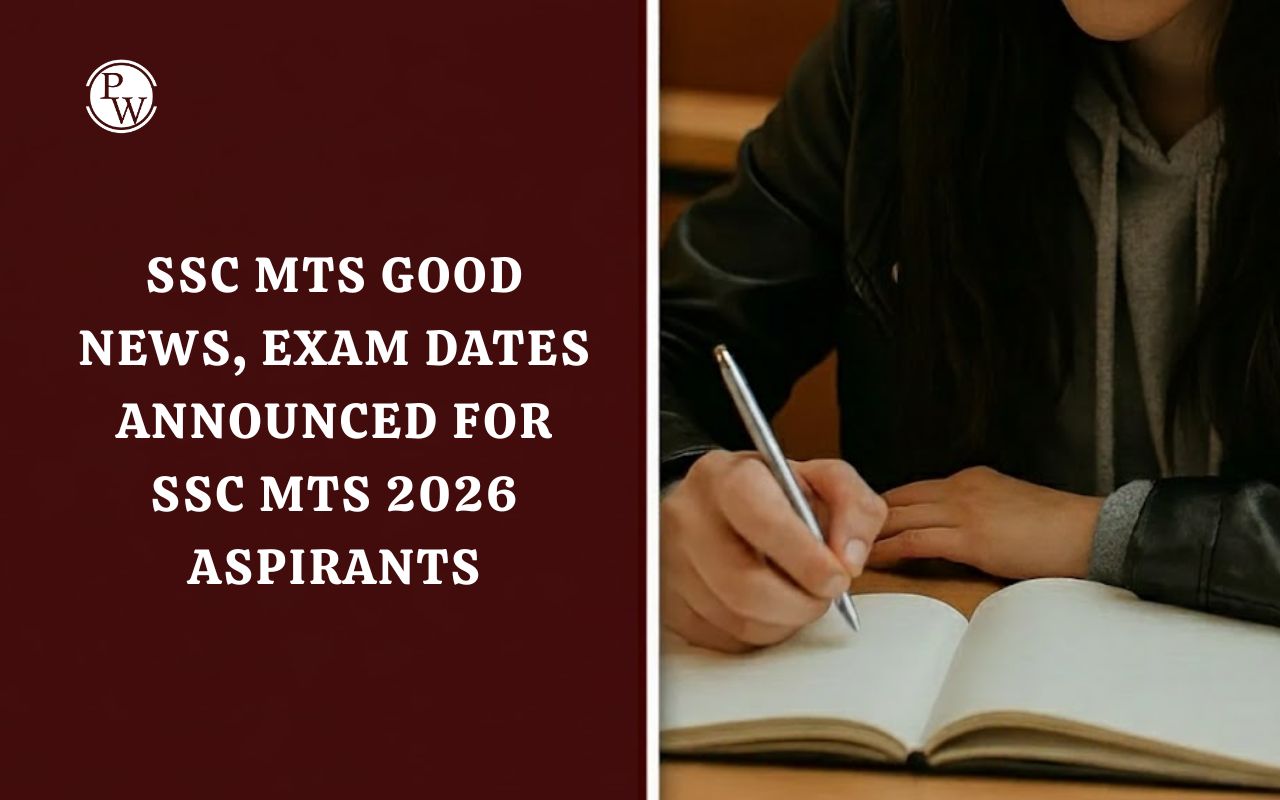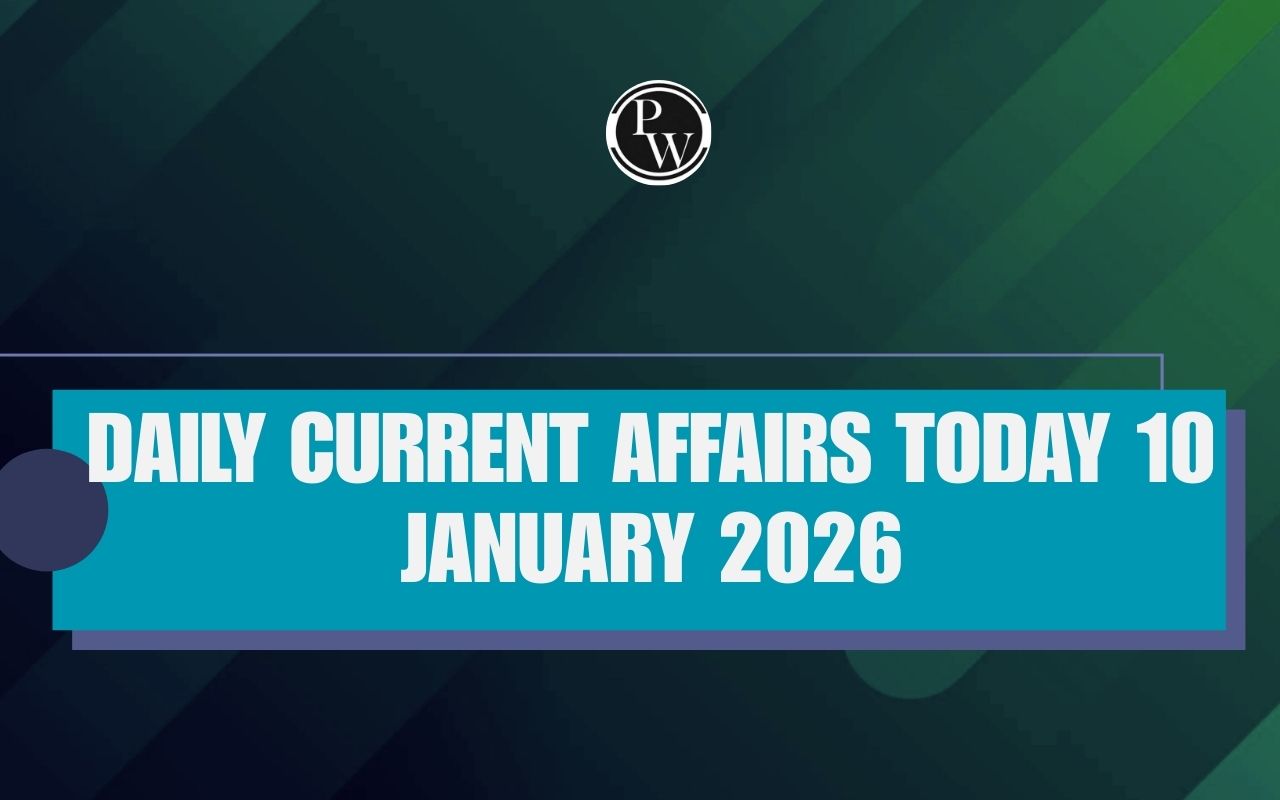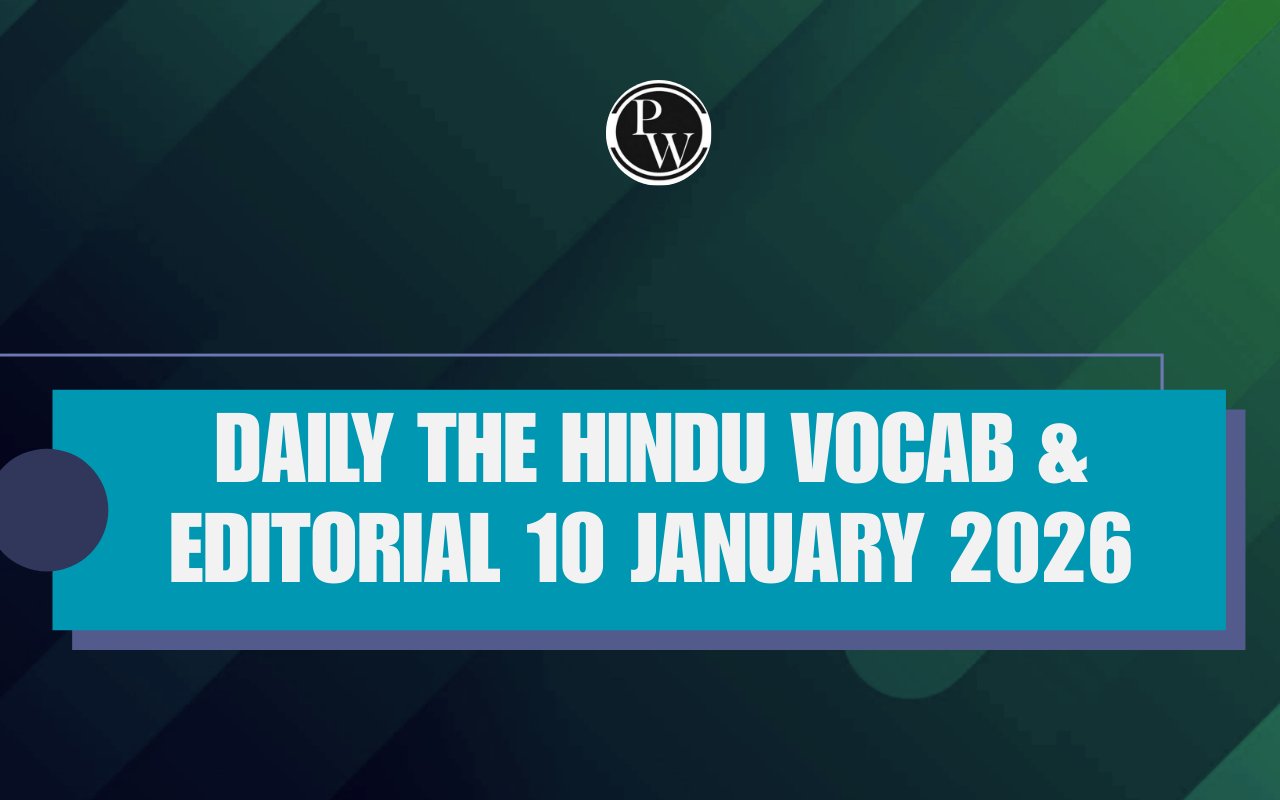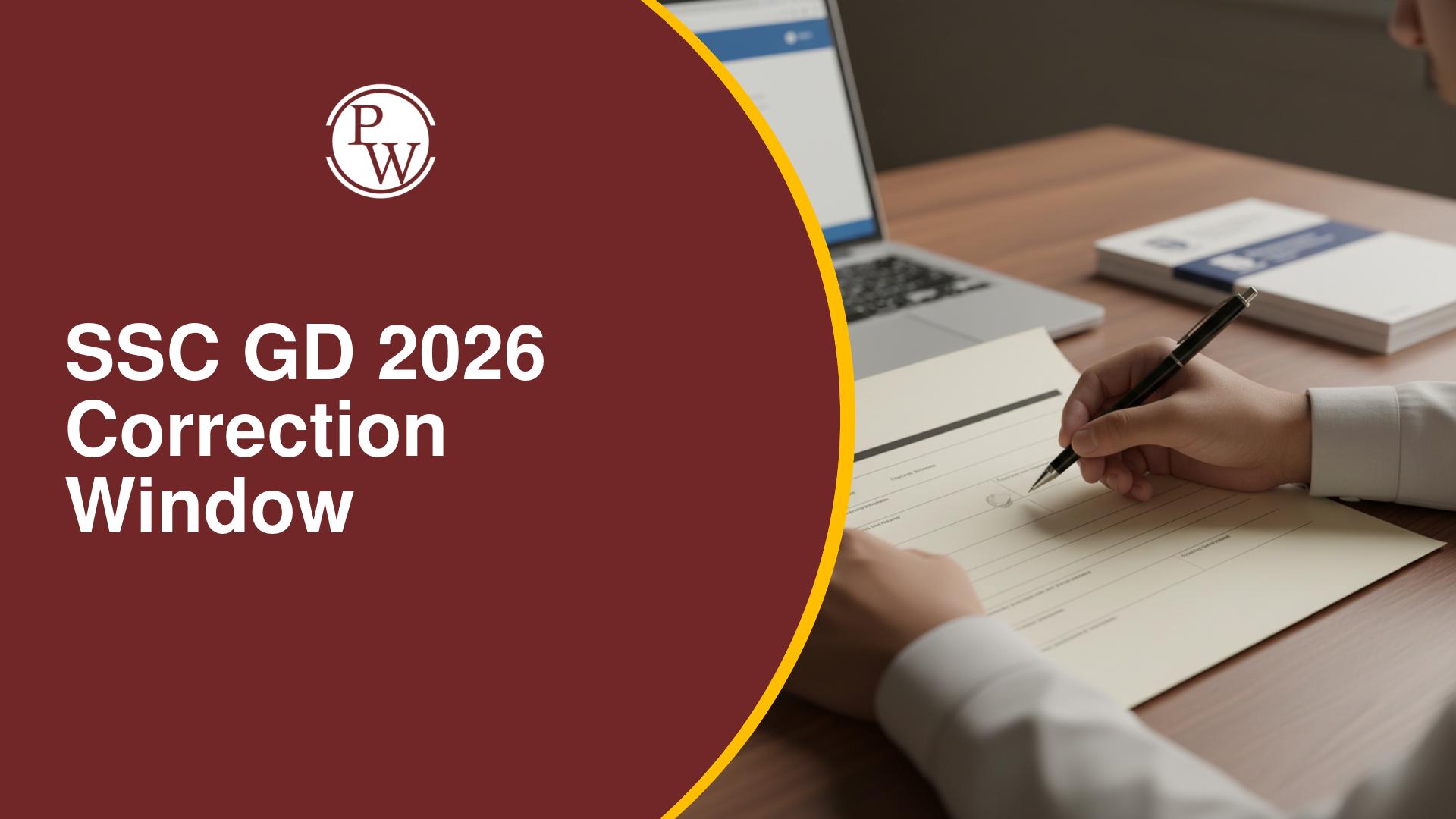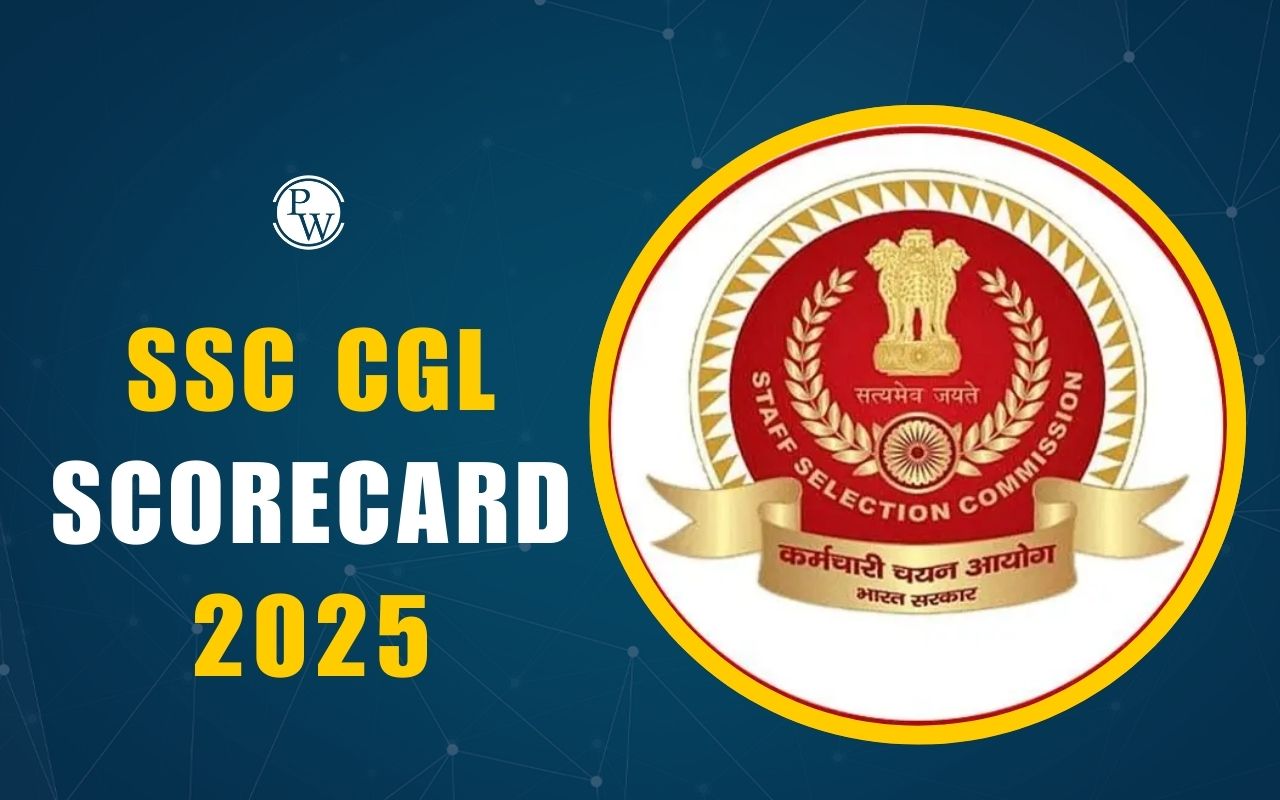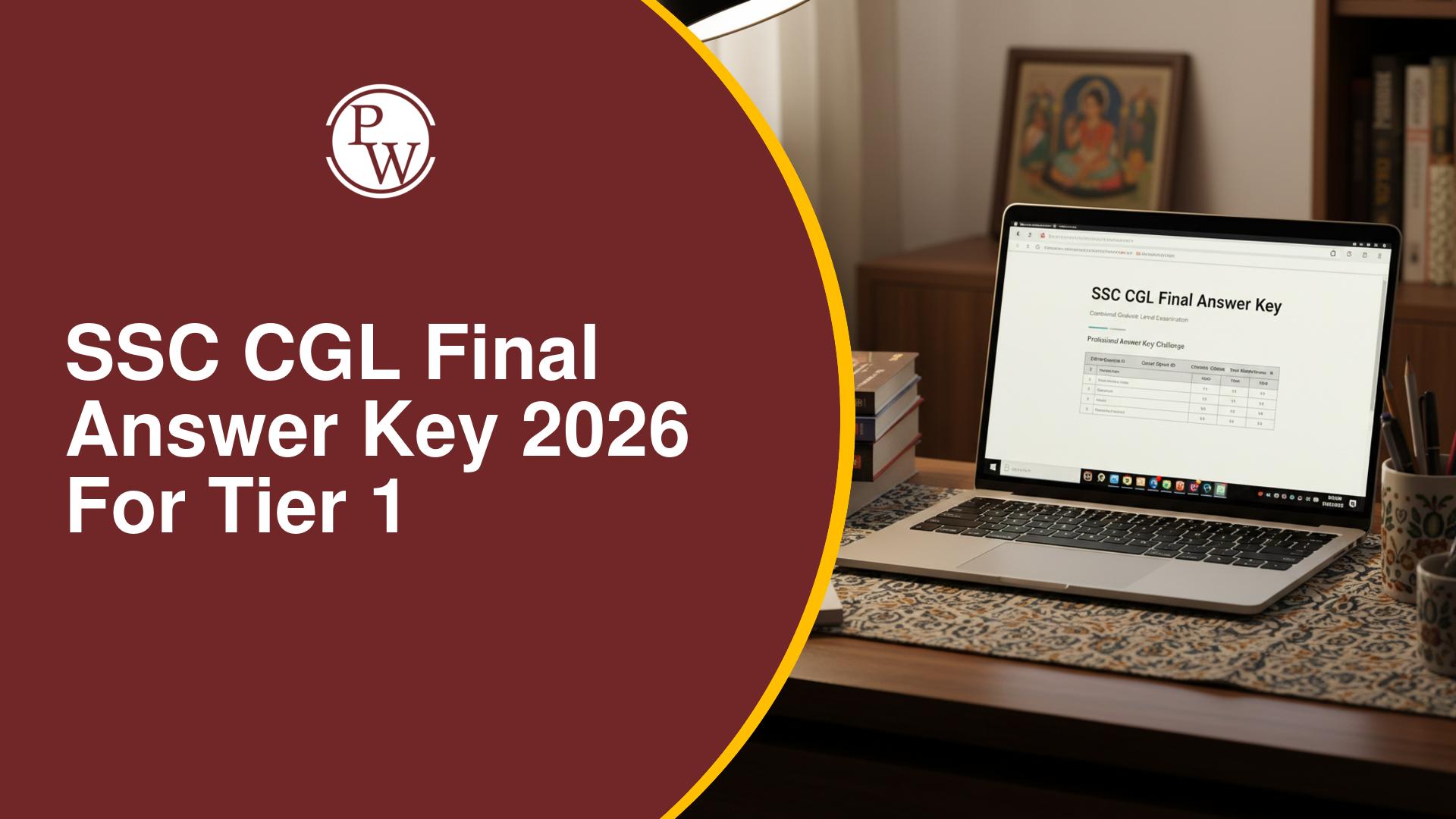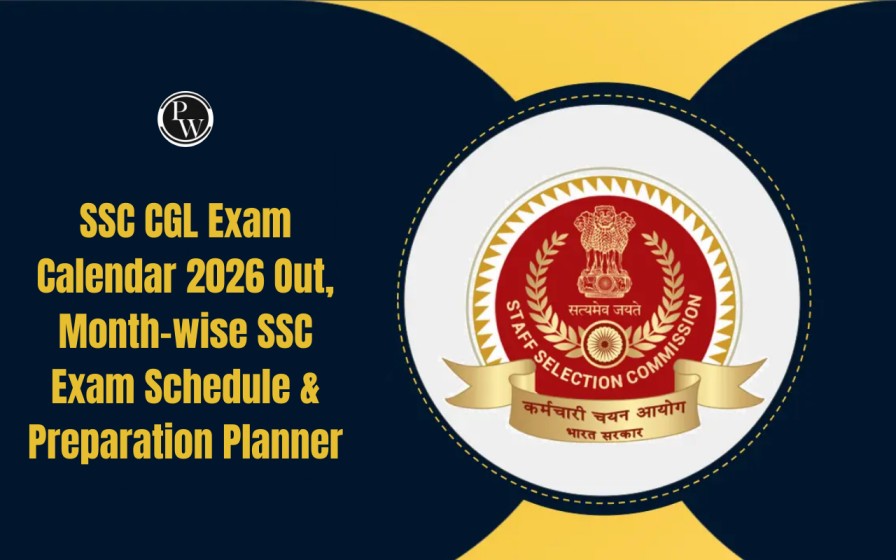
SSC Reasoning Syllabus 2025 is a crucial part of the preparation strategy for candidates aiming for various SSC exams such as SSC CGL, CHSL, MTS, GD, and others. The reasoning section evaluates a candidate’s logical thinking, analytical ability, and decision-making skills. It includes both verbal and non-verbal reasoning questions designed to assess how quickly and accurately a candidate can interpret and solve problems. Here, you’ll find a topic-wise and exam-wise breakdown of the SSC Reasoning Syllabus 2025, detailed explanations of each concept, and a preparation approach to help you prepare for this scoring section.
SSC Reasoning Syllabus 2025
SSC reasoning section remains consistent across all Tier 1 exams and is also asked in some Tier 2 exams conducted by the Staff Selection Commission like in SSC CHSL & SSC CGL. This section not only helps improve your overall score but also boosts your confidence if prepared correctly. Unlike the general awareness section that depends heavily on memory, reasoning is a skill that improves with regular practice and understanding of concepts.
Topic Wise SSC Reasoning Syllabus 2025
The reasoning section in SSC exams is officially titled General Intelligence and Reasoning. It covers various topics that test verbal logic, analytical reasoning, and spatial understanding. The syllabus is broadly divided into verbal reasoning and non-verbal reasoning. Let’s check each topic in detail:
Analogy
Analogy-based questions test the candidate's ability to identify the relationship between two given elements and apply the same logic to find the missing term in another pair. It could be based on logic, numbers, letters, or general knowledge.
Classification
Classification (also called odd one out) involves identifying the item that does not belong to a group based on a common characteristic. The logic may be numeric, alphabetic, or conceptual.
Series Completion (Alphabet/Number Series)
These questions are based on identifying the logical pattern in a series of numbers or letters and predicting the next term. Recognizing arithmetic progressions or alternate sequencing is key.
Coding-Decoding
Coding-Decoding tests how well a candidate can identify the rule behind the conversion of letters or words. These questions often involve letter shifting, number substitution, or symbol coding.
Direction and Distance
This topic evaluates a candidate's sense of direction. Candidates must analyze movements in different directions and compute the final distance or direction from the starting point.
Blood Relations
Blood relation problems are based on family tree logic. Candidates need to deduce relationships based on a set of statements or diagrams.
Ranking and Order
These questions involve placing items or persons in a particular sequence based on ranks, height, marks, etc. It may also include finding positions from left/right or top/bottom.
Alphabet and Dictionary Based Questions
Alphabet-based questions include finding positions of letters, reverse alphabets, or applying logic to alphabetical series. Dictionary-based questions ask candidates to determine the order of words as they would appear in a dictionary.
Mathematical Operations
This topic includes problems where symbols like +, –, ×, and ÷ are replaced with other operators. Candidates must substitute symbols correctly and solve the equation.
Venn Diagrams
Venn diagrams are used to represent data sets and their relationships with each other. These questions usually test the ability to analyze logical relationships between different sets of items or categories.
Missing Numbers
In these questions, a number pattern or matrix is presented with a missing element. Candidates must apply logic to identify the missing number.
Number Puzzles
Number puzzles present candidates with logic-based scenarios involving numbers. They are designed to test arithmetic and logical reasoning abilities.
Statement and Conclusion/Assumption
These are critical reasoning questions where a statement is followed by assumptions or conclusions. The candidate has to determine which of them logically follows.
Syllogism
Syllogism questions are logic-based problems where a set of statements is provided, and candidates must deduce valid conclusions. These are often solved using Venn diagrams or logical rules.
Decision Making
These questions assess a candidate’s ability to make logical decisions in various scenarios. Often, these are situational and require an understanding of policies or ethics.
Non-Verbal Reasoning
Non-verbal reasoning involves problems that use diagrams or figures instead of text. It includes topics such as:
- Mirror Images
- Water Images
- Paper Folding/Cutting
- Embedded Figures
- Pattern Completion
- Cube and Dice Problems
- Figure Matrix
Exam Wise SSC Reasoning Syllabus 2025
The Exam Wise SSC Reasoning Syllabus 2025 varies across exams like CGL, CHSL, MTS, GD, CPO, Stenographer, and JHT. While core topics such as Analogy, Series, Coding-Decoding, and Non-Verbal Reasoning are common, advanced concepts like Syllogism, Statement-Conclusion, and Data Sufficiency appear in higher-level exams.
|
Exam Wise SSC Reasoning Syllabus 2025 |
|
|
SSC Exam |
Reasoning Syllabus Topics |
|
SSC CGL |
Analogy, Classification, Number Series, Coding-Decoding, Blood Relations, Direction & Distance, Order & Ranking, Venn Diagrams, Mathematical Operations, Syllogism, Statement & Conclusion, Non-Verbal Reasoning (Mirror Image, Water Image, Embedded Figures, Paper Folding, Cube & Dice), Data Sufficiency, Decision Making |
|
SSC CHSL |
Analogy, Classification, Number & Alphabet Series, Coding-Decoding, Blood Relations, Direction Sense, Order & Ranking, Venn Diagrams, Mathematical Operations, Syllogism, Statement & Assumptions, Non-Verbal Reasoning (Mirror Image, Paper Folding, Embedded Figures), Decision Making |
|
SSC MTS |
Analogy, Classification, Series, Coding-Decoding, Blood Relations, Direction & Distance, Venn Diagrams, Mirror Images, Non-Verbal Reasoning, Embedded Figures, Paper Folding, Order & Ranking, Syllogism, Statement & Conclusion |
|
SSC GD Constable |
Analogy, Series, Classification, Coding-Decoding, Blood Relation, Direction Sense, Venn Diagram, Mirror Image, Paper Folding, Embedded Figures, Non-Verbal Reasoning |
|
SSC CPO |
Analogy, Classification, Series, Coding-Decoding, Blood Relations, Direction & Distance, Order & Ranking, Venn Diagrams, Mathematical Operations, Syllogism, Statement & Conclusion, Non-Verbal Reasoning, Mirror Image, Paper Folding, Embedded Figures, Cube & Dice, Data Sufficiency, Decision Making |
|
SSC Stenographer |
Analogy, Classification, Series, Coding-Decoding, Blood Relations, Direction & Distance, Order & Ranking, Venn Diagrams, Mathematical Operations, Syllogism, Statement & Assumption, Non-Verbal Reasoning (Images, Folding, Cutting, Cube), Decision Making |
|
SSC JHT |
Analogy, Classification, Series, Coding-Decoding, Blood Relation, Direction Test, Venn Diagrams, Syllogism, Statement & Conclusion, Non-Verbal Reasoning, Mirror Image, Embedded Figures, Paper Folding, Cube, Decision Making |
SSC Reasoning Syllabus 2025 Important Topics
The following table outlines the average number of questions asked from each topic in recent SSC Tier 1 exams. This gives a clear idea of where to focus your preparation for maximum output. Understanding these important topics and their weightage allows candidates to prioritize their study schedule accordingly.
|
SSC Reasoning Syllabus 2025 Important Topics |
|
|
Topic |
Average No. of Questions |
|
Analogy |
2–3 |
|
Classification |
2-3 |
|
Series (Number/Alphabet) |
3–4 |
|
Coding-Decoding |
2–3 |
|
Blood Relations |
1–2 |
|
Direction and Distance |
1–2 |
|
Venn Diagrams |
1–2 |
|
Mathematical Operations |
1–2 |
|
Statement & Conclusion |
1–2 |
|
Syllogism |
1-3 |
|
Non-verbal Reasoning |
3–4 |
How to Prepare SSC Reasoning Syllabus 2025?
To prepare the reasoning section, it is important to follow a systematic approach. Here are detailed preparation strategies:
Build Strong Basics
Before attempting mock tests, understand the logic behind each topic. Start with simple problems and gradually move to complex ones.
Practice Topic-Wise Questions
Focus on one topic at a time. Solve at least 50–100 questions from each reasoning category to develop clarity and speed.
Use Timed Quizzes
Time-based practice helps build speed and improve accuracy. Set timers while solving mock papers or sample questions.
Analyze Previous Year Papers
Previous year question papers help identify frequently asked questions and understand exam trends.
Take Regular Mock Tests
Full-length mock tests prepare you for the actual exam atmosphere. Analyze your scores to pinpoint weak areas.
SSC Reasoning Syllabus 2025 Importance
The SSC Reasoning Syllabus 2025 is crucial for all SSC exams as it tests a candidate’s logical thinking, problem-solving ability, and analytical skills. It helps examiners evaluate how well candidates can handle pressure and make decisions using logic. Topics like Analogy, Coding-Decoding, Series, and Non-Verbal Reasoning are common and scoring. Preparing reasoning not only boosts overall score but also enhances speed and accuracy.
PW provides SSC exam content, including SSC Exam Blogs, sample papers, mock tests, guidance sessions, and more. Also, enroll today on SSC Online Coaching for preparation.
SSC Reasoning Syllabus 2025 FAQs
What is the SSC Reasoning Syllabus 2025?
Is reasoning syllabus the same for all SSC exams?
How can I prepare for SSC Reasoning section effectively?

